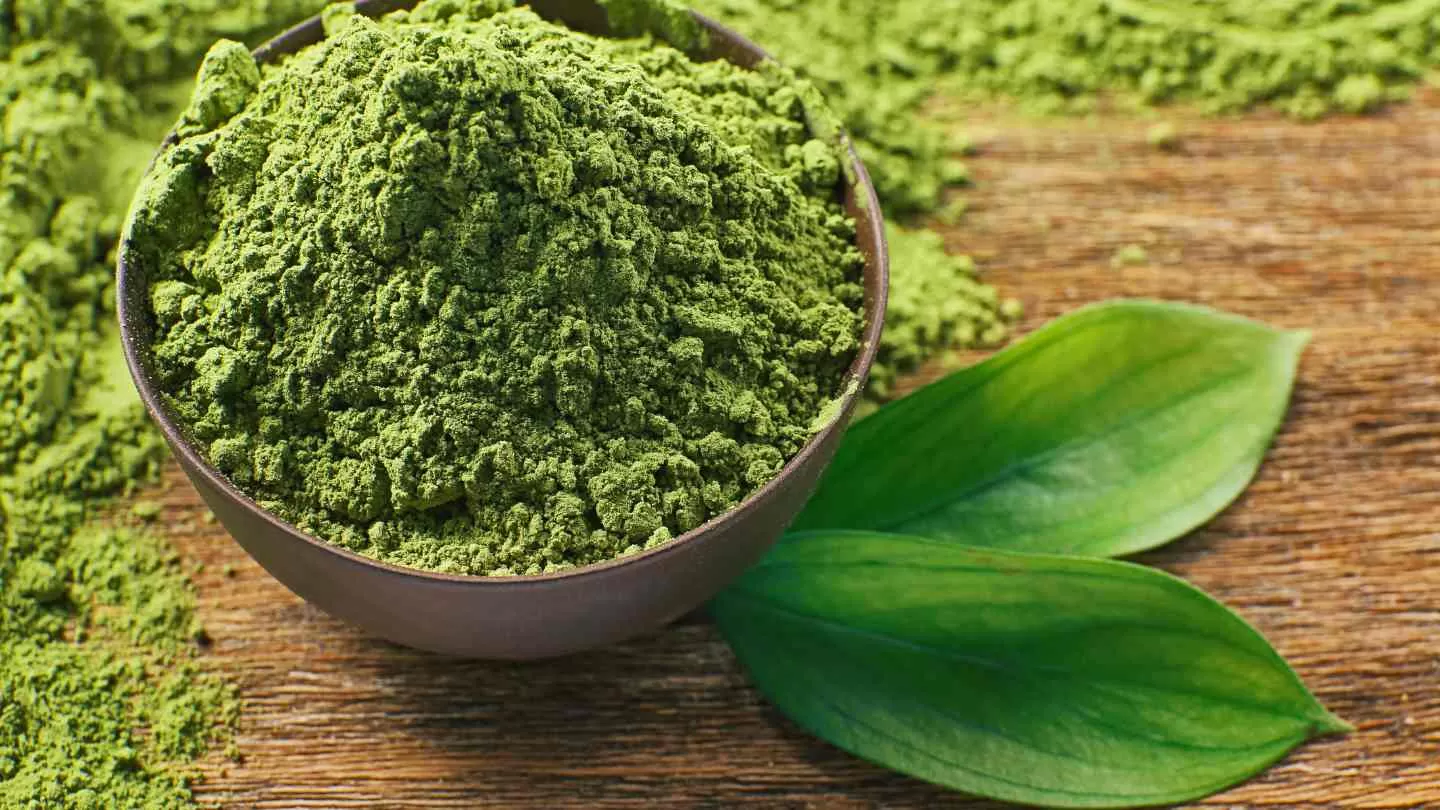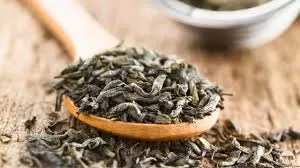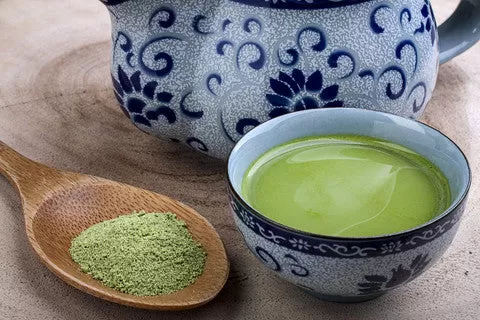- 0086-571-85302990
- sales@greenskybio.com
What Supplements Should I Not Take with Green Tea?
2025-05-30
Green tea, renowned for its numerous health benefits, is a staple in many people's diets. Rich in antioxidants, particularly catechins like epigallocatechin gallate (EGCG), green tea has been associated with improved brain function, fat loss, a lower risk of heart disease, and more. However, when green tea is combined with certain supplements, it may lead to interactions that can reduce its efficacy or even cause adverse effects. Understanding these potential interactions is essential for individuals who consume green tea regularly while taking dietary supplements. This article will explore which supplements should not be taken with green tea and why.
The Complex Nature of Supplement Interactions
The interaction between green tea and supplements can be influenced by several factors, including the active compounds in green tea, the specific supplements involved, and individual health conditions. Supplements can interfere with the absorption or metabolism of the compounds in green tea, and vice versa, potentially diminishing the benefits of both or leading to unwanted side effects.
Iron Supplements
One of the most well-known interactions involving green tea is with iron supplements. Green tea contains polyphenols, such as tannins, which can inhibit the absorption of non-heme iron (the form of iron found in plant-based foods and supplements). This can be particularly problematic for individuals who rely on iron supplements to treat or prevent iron deficiency anemia. To minimize this interaction, it is advised to take iron supplements separately from green tea, ideally several hours apart.
Blood Thinning Supplements
Green tea, particularly when consumed in large amounts, may have a mild blood-thinning effect due to its vitamin K content. Supplements that also affect blood clotting, such as omega-3 fatty acids (from fish oil), vitamin E, and certain herbal supplements like ginkgo biloba, can amplify this effect. This can increase the risk of bleeding, especially in individuals who are taking blood-thinning medications like warfarin. Therefore, caution should be exercised when combining these supplements with green tea.
Stimulatory Supplements
Green tea naturally contains caffeine, which can have a stimulatory effect on the central nervous system. When combined with other stimulatory supplements, such as guarana or bitter orange (synephrine), the cumulative effect can lead to heightened side effects such as insomnia, increased heart rate, and anxiety. Individuals sensitive to caffeine should be particularly cautious and consider reducing their intake of both green tea and stimulatory supplements to avoid these exaggerated responses.
Calcium Supplements
The interaction between calcium supplements and green tea may affect the bioavailability of certain minerals. Like with iron, the tannins in green tea can bind with calcium, potentially decreasing its absorption. While the impact on calcium absorption is not as pronounced as with iron, individuals relying heavily on calcium supplements should be aware of this potential interaction and consider timing their intake appropriately.
Antioxidant Supplements
While green tea is celebrated for its antioxidant content, the synergistic effects with other antioxidant supplements should be approached with caution. Superfluous amounts of antioxidants can paradoxically lead to oxidative stress rather than mitigate it, as they may disrupt the balance of free radicals and antioxidants in the body. Supplements such as vitamin C or resveratrol, when taken in high doses alongside green tea, could potentially overburden the body’s antioxidant system. A balanced approach is recommended to avoid counterproductive outcomes.
Absorption-Enhancing Supplements
Supplements designed to enhance nutrient absorption, such as Black Pepper Extract (piperine), can increase the absorption of various compounds, including those found in green tea. While this may seem beneficial, increasing the bioavailability of EGCG and caffeine can intensify their effects, which may not always be desirable. These interactions highlight the need to assess individual tolerance and adjust supplement use accordingly.
Key Considerations and Recommendations
1. Individual Differences: Everyone's body responds differently to supplements and dietary substances, which necessitates personalized evaluation before combining green tea with any supplement.
2. Timing Matters: To mitigate potential interactions, consider the timing of supplementation. For example, separate the intake of green tea and incompatible supplements by a few hours.
3. Professional Guidance: Consulting a healthcare professional, such as a nutritionist or pharmacist, can provide valuable insights into supplement interactions and ensure safe usage tailored to an individual's health needs.
4. Moderation: Practicing moderation with both green tea consumption and supplement usage is key to maximizing health benefits while minimizing risks.
Conclusion: Navigating Supplement Use with Green Tea
Green tea offers a wealth of health benefits, but its interaction with certain supplements may complicate its effects. Careful consideration of these potential interactions is crucial for optimizing health outcomes and preventing adverse reactions. By understanding the nature of these interactions and taking a thoughtful approach to supplement use, individuals can continue to enjoy the benefits of green tea without compromising their wellness routines. Prioritizing safe practices and seeking professional guidance can help ensure that the consumption of green tea and dietary supplements remains beneficial and harmonious.
-
Green Tea: What It Does for Your Body
2025-05-30
-
Why Do I Feel Sick After Drinking Green Tea?
2025-05-30
-
Is Green Tea Good for Your Kidneys?
2025-05-30














